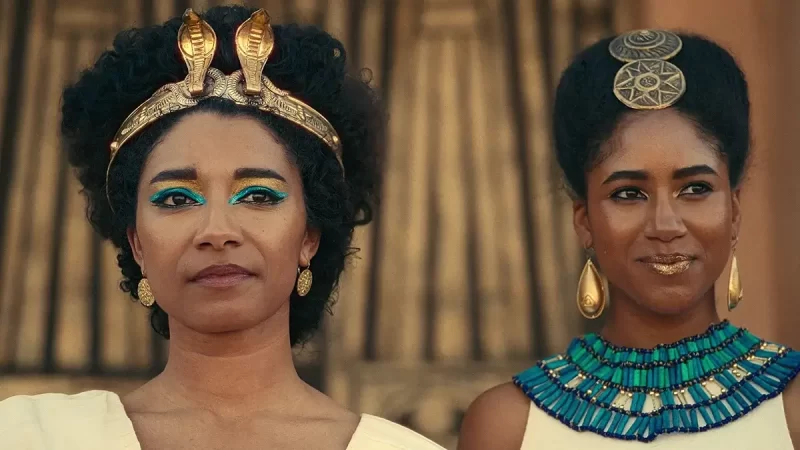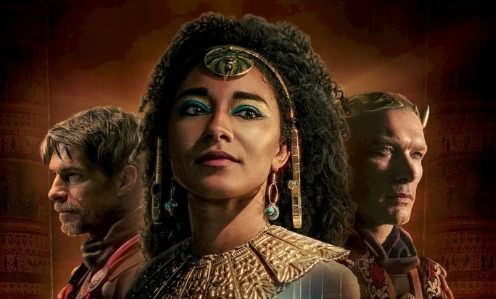The release of the Netflix docuseries ‘Queen Cleopatra‘ has generated significant controversy and sparked a heated debate among viewers, historians, and cultural critics. The series, which aims to shed light on the life and legacy of the iconic Egyptian queen, has been met with both praise and backlash. This article provides an overview of the key points of contention surrounding the series, exploring the historical accuracy, cultural representation, and ethical considerations.
Historical Accuracy:
One of the primary concerns raised by critics is the questionable historical accuracy portrayed in ‘Queen Cleopatra.’ Historians argue that the series takes significant liberties with the historical narrative, distorting facts and events to create a more sensationalized and entertainment-driven story. Inaccuracies range from misrepresentation of Cleopatra’s physical appearance to fictionalized dialogues and dramatized events. This departure from historical accuracy raises concerns about the misinterpretation of a significant historical figure and the potential impact on public understanding of Cleopatra’s legacy.

Cultural Representation:
Another contentious aspect of the series is the issue of cultural representation. Many viewers argue that ‘Queen Cleopatra’ perpetuates harmful stereotypes and misappropriates ancient Egyptian culture. Critics argue that the casting choices, costumes, and set designs in the series rely on Orientalist tropes, reinforcing exoticized and inaccurate portrayals of ancient Egypt. Furthermore, the lack of diverse representation among the cast and crew has been criticized for disregarding the contributions and perspectives of modern-day Egyptians and African communities.
Cultural Appropriation:
The controversy surrounding ‘Queen Cleopatra‘ extends to the broader issue of cultural appropriation. Critics argue that the series exploits ancient Egyptian culture for profit and entertainment without giving proper credit or recognition to the cultural heritage it represents. Cleopatra’s story is deeply intertwined with the history and culture of ancient Egypt, and the commodification of her narrative without meaningful cultural engagement is seen as disrespectful and exploitative.
Ethical Considerations:
Ethical concerns have also been raised regarding the production and promotion of ‘Queen Cleopatra.’ The series was accused of perpetuating a colonial mindset by appropriating a non-Western historical figure and presenting it through a Western lens. The lack of consultation with Egyptian and African scholars during the production process and the sidelining of authentic perspectives have further fueled the controversy. Additionally, the marketing and promotional materials surrounding the series have been criticized for their sensationalized and objectifying portrayal of Cleopatra, reducing her complex historical role to mere sensationalism.
Conclusion:
The release of the Netflix docuseries ‘Queen Cleopatra’ has generated significant controversy due to concerns over historical accuracy, cultural representation, cultural appropriation, and ethical considerations. The series’ departure from historical accuracy and its reliance on Orientalist tropes have been met with criticism from historians and cultural critics alike. The issue of cultural appropriation has raised questions about the responsible portrayal and engagement with ancient Egyptian culture. Ethical concerns surrounding the production process and marketing materials have further fueled the controversy. As debates continue, it remains important for content creators to approach historical narratives with sensitivity, accuracy, and cultural engagement to ensure a nuanced and respectful representation of historical figures and cultures.

